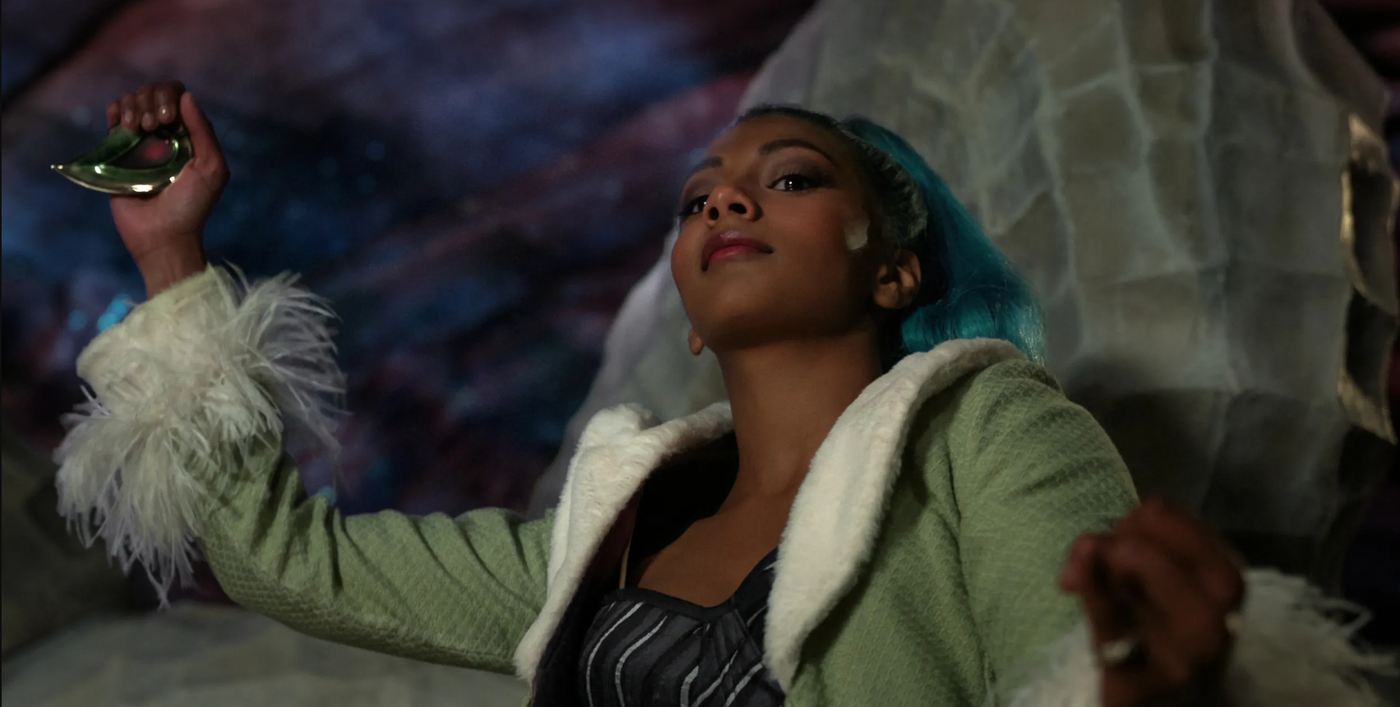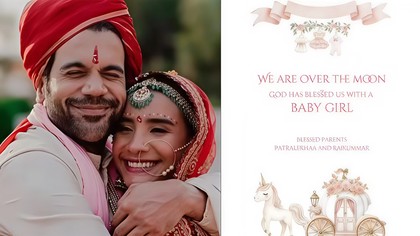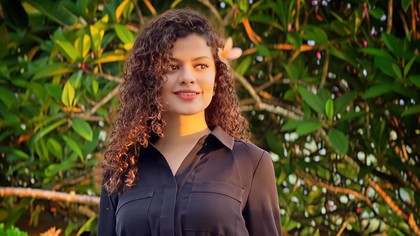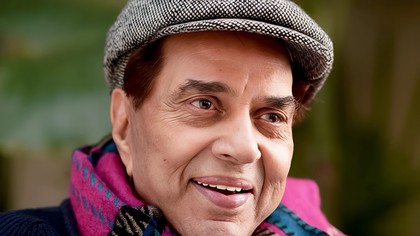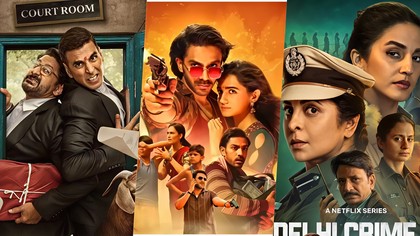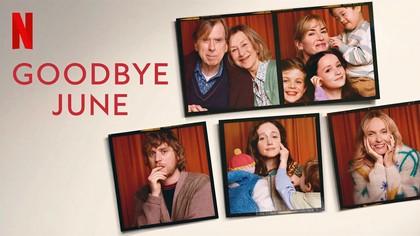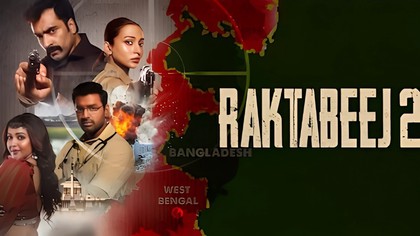Netflix’s upcoming One Piece Season 2 has found itself at the centre of a heated controversy after the casting of British-Indian actress Charithra Chandran as Princess Nefertari Vivi. While some fans welcomed the announcement, a loud section of the online fandom reacted with hostility, flooding Chandran’s social media with racist remarks and derogatory comments about her ethnicity.
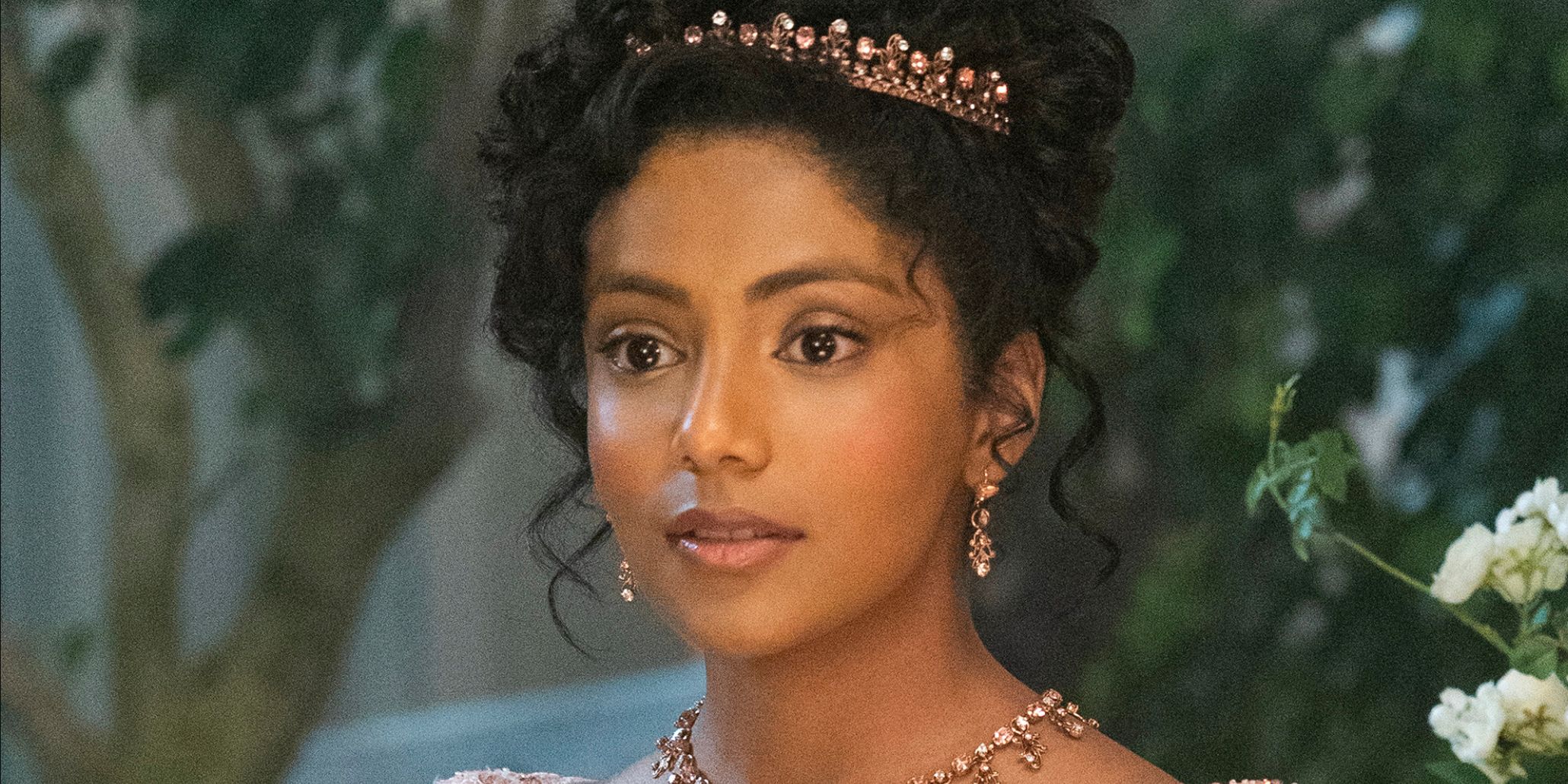
The backlash stems from the fact that in Eiichiro Oda’s original manga and anime, Vivi is depicted with fair skin, and her homeland, Alabasta, is inspired by ancient Egyptian and Middle Eastern cultures. Critics argue that an actress of Middle Eastern descent would have been a more accurate choice. However, supporters of Chandran point out that the role is fictional, and creative interpretation is part of adapting a story to live-action.
Actor Rob Colletti, who plays Wapol in the new season, revealed that Oda himself personally chose Chandran for the role. He called her casting “the ultimate seal of approval” and criticised the online hate, urging fans to reserve judgment until they see her performance. The live-action One Piece has always highlighted its commitment to staying true to Oda’s vision, with the original creator actively involved in creative decisions.
Chandran has not issued a lengthy statement in response to the harassment, but she did post screenshots of some hateful messages on her Instagram Stories with a sarcastic caption thanking people for their “support.” Her move mirrors how other actors of colour have chosen to confront online abuse by exposing the negativity rather than engaging in heated debates.
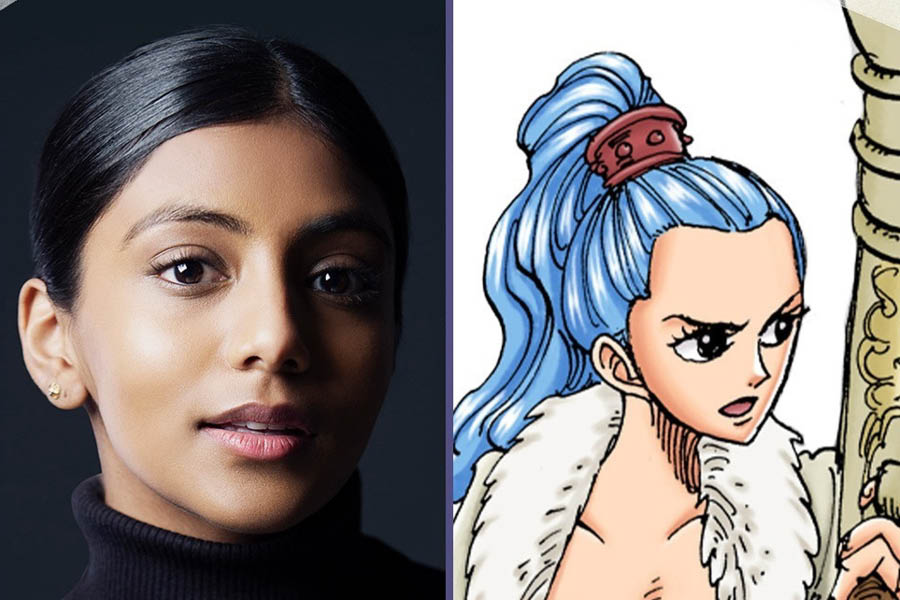
Unfortunately, this is not an isolated case. Similar racist backlash has targeted actors like John Boyega in Star Wars, Halle Bailey in The Little Mermaid, and Moses Ingram in Obi-Wan Kenobi. In each instance, a portion of the fanbase claimed their objections were about “accuracy” to the source material, but the sheer volume of racial abuse revealed a deeper prejudice.
The controversy over Chandran’s casting reflects a growing issue in modern fandoms a willingness by some to weaponise loyalty to a franchise as a justification for hate speech. Creative adaptations will always bring changes, but when the creator of the original work supports a choice, it should carry significant weight.
As One Piece Season 2 moves closer to release, Chandran’s performance may well silence critics and win over audiences. Until then, this incident stands as yet another reminder of the challenges actors face when representation meets entrenched bias in pop culture.
Follow Binge Moves on Instagram and Facebook for more updates, reviews, and insights from the world of entertainment.

